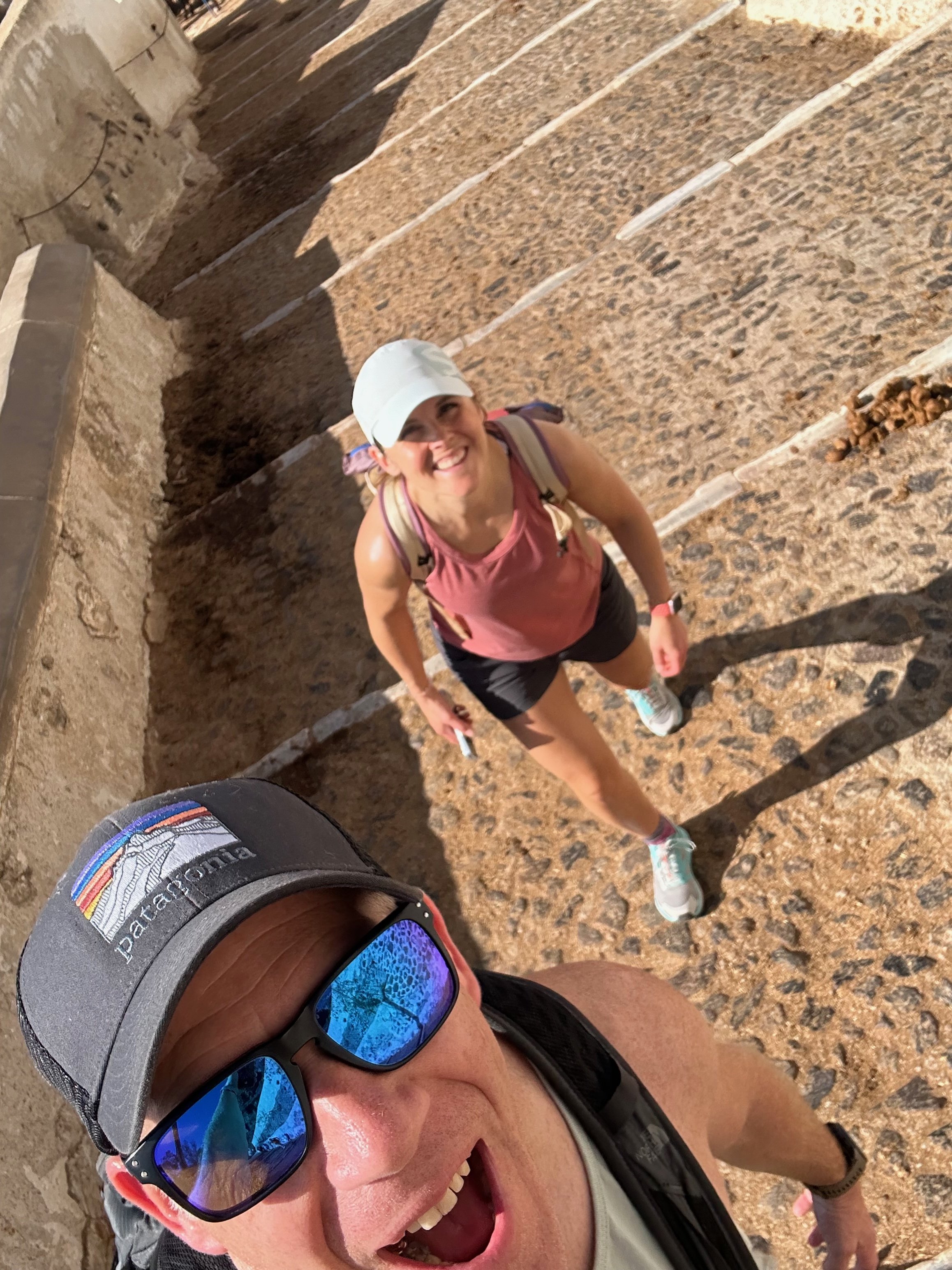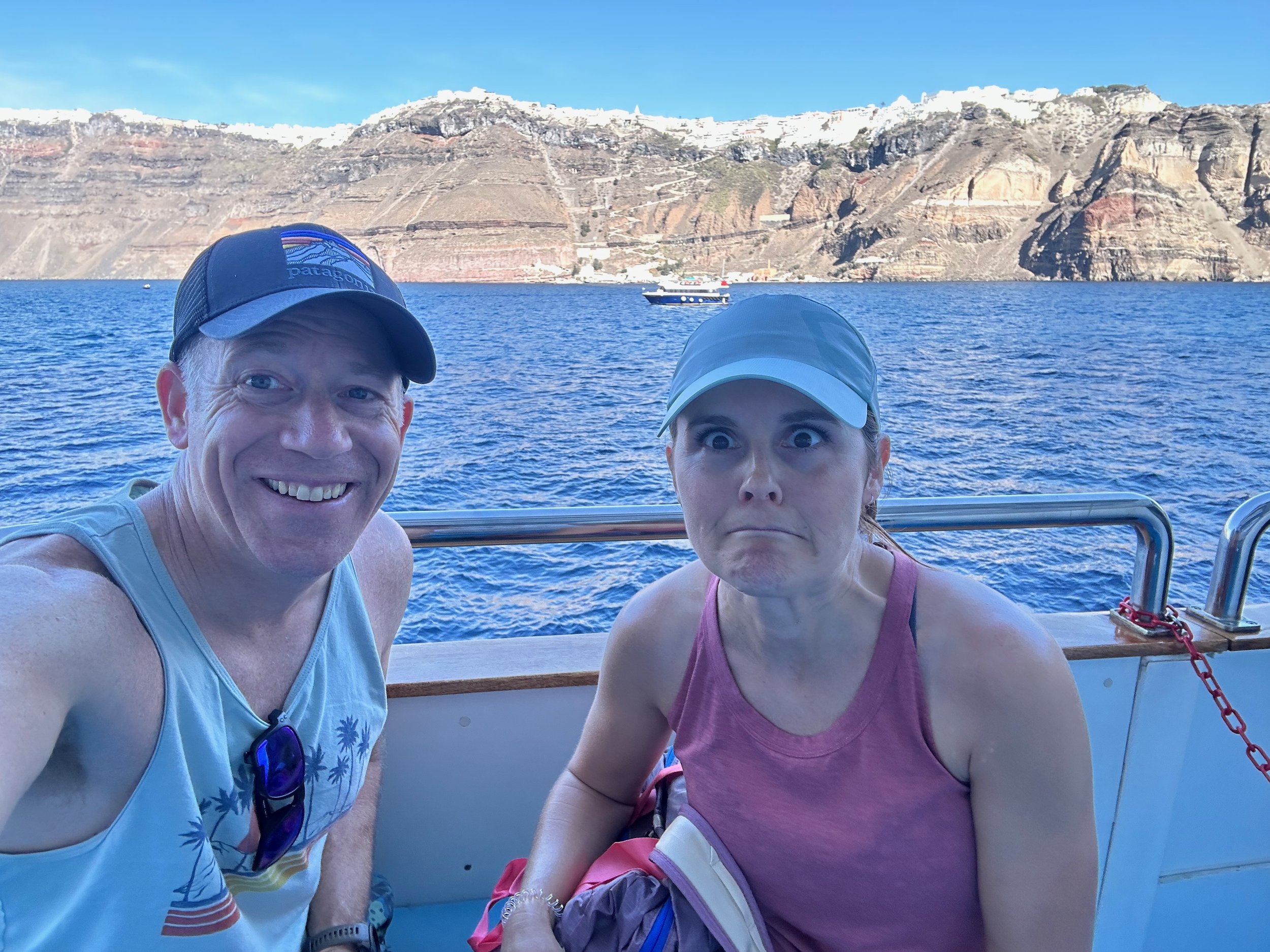“If you don’t stop that, you’ll have trouble walking in your forties.”
“I’m not going to live past 25 anyhow,” I said glibly and continued to beat my shins violently with bamboo reeds. He was right. But there were reasons I bypassed his sincere warning. There are always reasons.
I was an angry young man who needed an outlet. I had my reasons. I found it at the local Kung Fu Academy, where I took private Muay Thai and MMA fighting lessons with Sifu Shane Lacey, 5x consecutive World Four Star Grand Champion. The training was brutal and demanding. We sparred weekly and trained relentlessly. Sometimes, we fought martial artists from other schools who came to challenge us. One time, the primary hand-to-hand combat instructor for the Chinese Army came to challenge Shane. He left with a broken jaw.
Part of that training included shin conditioning. Shin conditioning consists of whacking your shins with a bundle of bamboo reeds–think tenderizing a slab of beef. After months of conditioning, we would progress to shin-kicking the steel pole out back that braced the second-floor stairs. The objective is to toughen your shins and shock your nerves to numbness. After the pounding, we would use a rolling pin to spread the swelling and apply some nasty Chinese bone-hardening concoction Shane’s mom made.
On more than one occasion, a high school teacher or administrator asked me if everything was ok at home based on the bruises that extended from knees to ankles, or the marks on my arms and face. Not really, but what could I do about it but channel my feelings into training?
“If you don’t stop that, you’ll have trouble walking in your forties,” the man said cooly. I can’t recall his name, but I can see his face when I close my eyes.
He was a kind, calm man in his mid-forties with sandy blonde hair and a permanent smirk. His saunter was cool and deliberate. A competent martial artist, he favored Wing Chun and never missed a class. I sparred with him on a number of occasions and learned a powerful lesson about assumptions every time the old man whooped my punk ass.
He often strolled through the academy, making casual observations to us young bucks. I would pause my music long enough to flippantly reply and then get back to it. I can hear Metallica’s “Damage Incorporated” in my head as I write this.
Even as a teenager, I suspected he was right. In some way, I knew he was right, but I also pressed past his wisdom in exchange for my own experience. I’ve thought a lot about why recently. I’m in my mid-forties now and have leg pain most days–likely the results of a mixture of fighting, Rangering, age, and feeling my body again after years of dissociation. I don’t begrudge the pain or my past that created it. Not at all, in fact, I’d do it all over again.
Brandon and Kelly hiking the 588 steps from the Santorini dock to the port city Thíra, Greece.
We all choose adversity at times, and we all have our reasons. It’s not for me to suggest whose path is right or wrong, nor dissuade anyone from attacking a crucible that will hurt. I needed all that pain to arrive where I belong. I trust others do, too.
Inevitably, we also have people in our lives who have taken their lumps from their own challenges. Often, those people share their hard-earned wisdom out of care for us, and oftentimes, we dismiss those warnings. We all choose to bypass sound advice at one time or another for a reason. It’s worth considering why.
Sometimes, we bypass warnings because we need to experience the outcomes ourselves. Whatever “it” is, you can only learn so much from others' experiences. You have to feel the heat to know the fire is hot. I wish it weren’t that way, especially as a father. But it is. It's like those sparring matches. If you think you know how to fight but have never stepped into the ring, you don’t. That’s why I roll my eyes when people comment on UFC fights. When I think of life’s greatest lessons, I can always see my trail of tears that led to life’s wisdom.
Sometimes, we bypass warnings because we disagree with the data. Confirmation bias is as old as time itself. Simply stated, we look for data to confirm our opinions, and when we come across data that disagrees, we minimize its importance or outright dismiss it. For example, I know the saturated fat content in a bowl of ice cream is bad for my cholesterol, but I still have a bowl of ice cream every Sunday. Honestly, I'm not sure I want to live a life without at least a little ice cream, so I dismiss the data. Every. Sunday. Night.
And sometimes, we just ignore warnings we don’t like. In 2023, Kelly and I did a two-week cruise in the Aegean Sea and were furious when docking at port in Santorini, Greece, was inaccessible. We had to disembark through a tendering boat process–imagine a small boat taxiing passengers from the cruise ship to the shore and then circling back to reload and unload until all passengers were on land. A functional solution until we learned that we were in tender boat 20 out of 20, and it would take us three hours to get to shore when we only had seven hours in Santorini. We booked the trip because of Santorini.
The cruise official warned all passengers in later tenders not to occupy the boarding area until our number was called and asked that we enjoy the many ship amenities while waiting. We–well, actually, I–ignored this because I didn’t like it. Now, something you should know about my amazing wife is that she is a rule follower. Something you should know about me is that I follow all the rules I agree with!
God bless poor Kelly for having to deal with me that day. We found a way onto tender boat two and enjoyed a wonderful hike along the stunning Island of Santorini. As you may imagine, Kelly overcame her discomfort from breaking the rules as we walked the island's extent from staircase to sunset.
Our arrival on tender boat two - “I love it when a plan comes together!”
There are, I imagine, other reasons we bypass the warnings we don’t heed, but the point is that risk factors come into it all. When given a warning, we weigh the risks involved and determine how we wish to proceed. If the risks are asymmetrical–the consequences far outweigh the benefits–perhaps we heed the warning. If the risks are calculated–the benefits are equal to or outweigh the consequences–perhaps we bypass the warning. Either way, the choice is ours, along with the consequences and the benefits.
And while I’m not advocating the outright dismissal of sound wisdom or sincere warnings, I am suggesting there are reasons we avoid those warnings when we do not heed them. It’s worth considering why you have bypassed some of those warnings throughout your life, especially if you are a leader who sees your warnings bypassed in others’ lives. Particularly if you are a parent who has a front-row seat to your children’s trials and tribulations as they weigh the risks and bypass the warnings they do not heed.
I know I need this reminder daily since I’m now the old guy walking the floor and sincerely sharing wisdom with those I care about. And I know I need to offer others grace and support them as they make their choices and accrue their rewards and consequences.
That is, after all, life.
Sunset on the final push into Oia, Santorini Greece.




